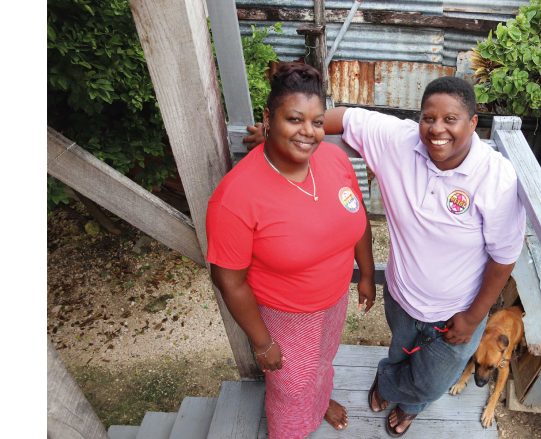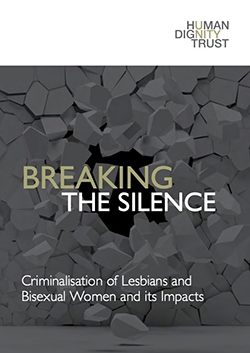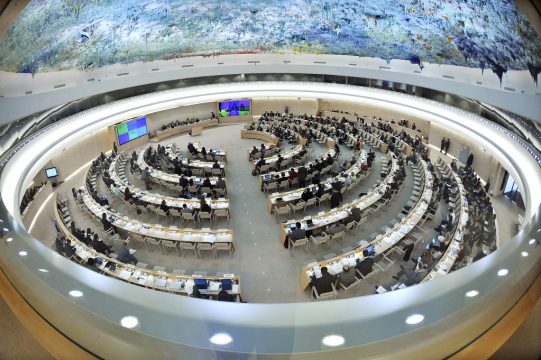This report, the second edition to an original published in 2016, considers the history, extent and nature of laws criminalising consensual sexual intimacy between women, and the anti-LGBT criminal laws of all varieties that foster and perpetuate homophobia against lesbian and bisexual women as a particular group.
As of November 2024, consensual same-sex sexual conduct is criminalised in more than 60 jurisdictions worldwide, including more than 50 per cent of Commonwealth nations. Of these jurisdictions, at least 41 (more than 60 per cent) criminalise same-sex sexual conduct between females. Most of these criminal laws originate from British colonial rule. Others are founded in Sharia (Islamic law). At least 12 countries that previously only criminalised male same-sex sexual conduct later expanded their criminal codes to include sexual conduct between females. Three of those have since decriminalised all same-sex sexual conduct.
Lesbians and bisexual women experience human rights violations in ways both similar to and different (or to different degrees) from gay and bisexual men, because of the connections between their sex, gender and sexual orientation. The criminalisation of lesbians and bisexual women is often compounded by other criminal laws that have a disproportionately severe impact on women and girls, such as laws criminalising adultery, abortion and sex-work, and laws that permit child marriage and rape within marriage. They can be particularly vulnerable to certain forms of control and abuse, given the fact that women and girls in many countries continue to be oppressed by male-dominated societies.
Research and activism in respect of criminalisation tends in many cases to treat LGBT people as a homogeneous group, without further analysing the differential contexts of and impacts on the constituent members of that group. Virtually all of the legal analyses and case law to date, for example, have been centred primarily on the criminalisation of gay and bisexual men. As a result, there remains a dearth of disaggregated data and legal analyses relevant to the particular experiences of others within the group, which in turn means that the range of legal and other responses to LGBT criminalisation and persecution has been incomplete.
This report aims to contribute to the expansion of the global discourse by analysing both the status of criminalisation of lesbian and bisexual women as a particular group, and the unique and overlapping human rights violations experienced by them that are fostered and perpetuated, directly or indirectly, through the criminal law. It also discusses what is needed to break the silence over the persecution of lesbian and bisexual women, including better research, data collection, access to justice and inclusion of women as decision-makers, litigants and other agents of change.
Download the report



